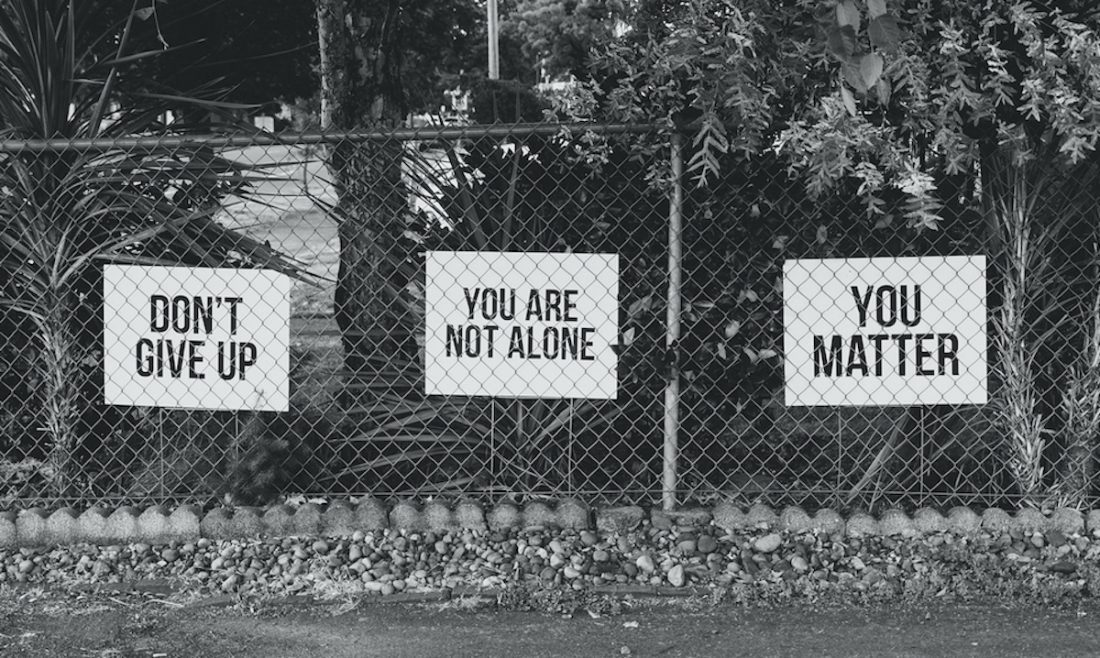People have been practising mindfulness around the world for thousands of years. And although the concept of mindfulness is an ancient one, its gifts of self-awareness and being present in the moment are more relevant than ever in this digital age, with its 24/7 onslaught of information and never-ending distractions.
Now, as more companies switch to an agile way of working, mindfulness has become increasingly important in a corporate context. Companies are realising these valuable personal skills can actually help to drive their businesses forwards, particularly in the chaos of the post-pandemic world.
Towards Corporate Agility

The benefits of mindfulness for mental health are widely documented, but in a working environment they are also plentiful. Mindful leaders and employees are equipped with the tools to temper severe stress, calmly reflect, apply a razor-sharp focus on any task at hand and replenish themselves quickly.
“Mindfulness, if taught by an expert on the four foundations of mindfulness, teaches people to systematically know, be aware of and not be ruled by their unconscious feelings, assumptions and biases,” Michael Bunting, author of The Mindful Leader, tells The CEO Magazine. “It also introduces people to the principle that inner stability comes from awareness itself, not from familiar thoughts and behavioural patterns.
“Last but not least, it reduces attachment to outcomes and the associated ego-claiming that comes with that. These are all fundamental attributes to mastering an agile culture.”
The benefits don’t end there either. By promoting mindfulness, companies can reduce the number of sick days and demonstrate commitment to their people, boosting both trust and engagement.
“Fundamental to corporate agility is the ability to change and adapt to meet the present needs of the organisation. In order to do this, an organisation needs to be aware of what it needs and where it wants to go,” Clinical Psychologist and Headspace App’s Mental Health Expert Mary Spillane explains.
“Mindfulness can help individuals and groups to develop greater awareness of organisational needs and challenges. A key obstacle to corporate agility is rigidity of thinking and processes, and a lack of effective leadership. Mindfulness can help people to develop those skills and feel less reactive in the face of change.”
Because, while agile transformations may begin with new structures and processes, prioritising mindfulness will help to take them to the next level. And as companies switch to a hybrid way of working, it’s a topic that is more important than ever.
Removing the Blockages

Mindfulness has certainly climbed the corporate agenda in recent years, a shift significantly accelerated by the mental health toll of the COVID-19 pandemic. According to the 2022 ‘Employee Wellness Industry Trends Report’, 90 per cent of employers are increasing their investments in mental health solutions in 2022, an increase of 24 percentage points from 2018.
However, many companies still have a long way to go on this front. A recent study by Headspace App shows that while 94 per cent of CEOs say that they believe they’re doing enough for the mental health of their workforce, only 67 per cent of employees agree.
And while harnessing the power of an app is a great step forward, it’s important to realise that in some cases, a more personalised approach is required. Overwhelming employees with too many options can also overcomplicate things.
Another issue, according to Bunting, is that many don’t fully understand the topic, hindering them from truly reaping the full benefits of mindfulness. “The biggest obstacle to mindfulness we see is the idea that mindfulness is meditation – it’s not. And that self-awareness is possible without mindfulness – it’s not,” he stresses. He compares meditation to the gym in terms of its role: a way of working towards an end goal.
A Strong Incentive

With the multiple benefits of promoting mindfulness in the workplace becoming increasingly clear, more and more companies are stepping up. Some have been doing so since long before the pandemic brought the issue to the fore, like Google, whose Search Inside Yourself program has since been extended into the broader professional world. Intel and Aetna have also long been running their own industry leading mindfulness programs.
Bosch is another organisation that has placed great emphasis on mindfulness and is seeing the results. “Mindfulness is an essential lever to shift from a culture of control to a culture of trust. Communication has fundamentally changed since we introduced our mindfulness training to more than 1,000 leaders in the organisation,” says Petra Martin, Head of Center of Competence Leadership.
Meanwhile, global real estate and investment group Lendlease and tech giant Atlassian are among the companies that have partnered with Headspace for Work. Jane Gardner, Head of Health and Wellbeing Strategy and Foundation Programs at Lendlease, explains that safety is its “number one priority”.
“That not only includes physical safety, but psychological safety too,” she points out. “We’re focused on creating environments where people can bring their best selves to work and tools, like Headspace, which support good mental health and overall wellbeing, enable us to achieve this priority.”
It’s critical also not to let mindfulness just become a ‘fad’. Already, with the worst of the pandemic hopefully behind us, even as some companies have upped their commitment, others have already taken their foot off the gas. The Headspace App study shows that just 25 per cent of respondents believe their company has kept up its focus on mental health in the past year.
If there was ever a win–win scenario, this is it. With so many benefits to be gained, it’s clear that mindfulness has an important part to play in driving companies into the next chapter.
Making it Happen
Here, Spillane shares her top three tips to encourage mindfulness in the workplace.
- Give employees the means and access to practise mindfulness. Several organisations provide their employees with access to a mindfulness app like Headspace, which takes away the barrier of knowing where to start.
- Provide physical space for employees to practise mindfulness, and provide time. Enforcing a 10-minute block in everyone’s diary to practise mindfulness can help.
- Try to encourage mindful meetings. So often during meetings people are multitasking – they are looking at phones or emails, or even just thinking about what they are having for dinner that night. Multitasking leads to mindlessness, whereby it’s difficult to be effective in the workplace.







